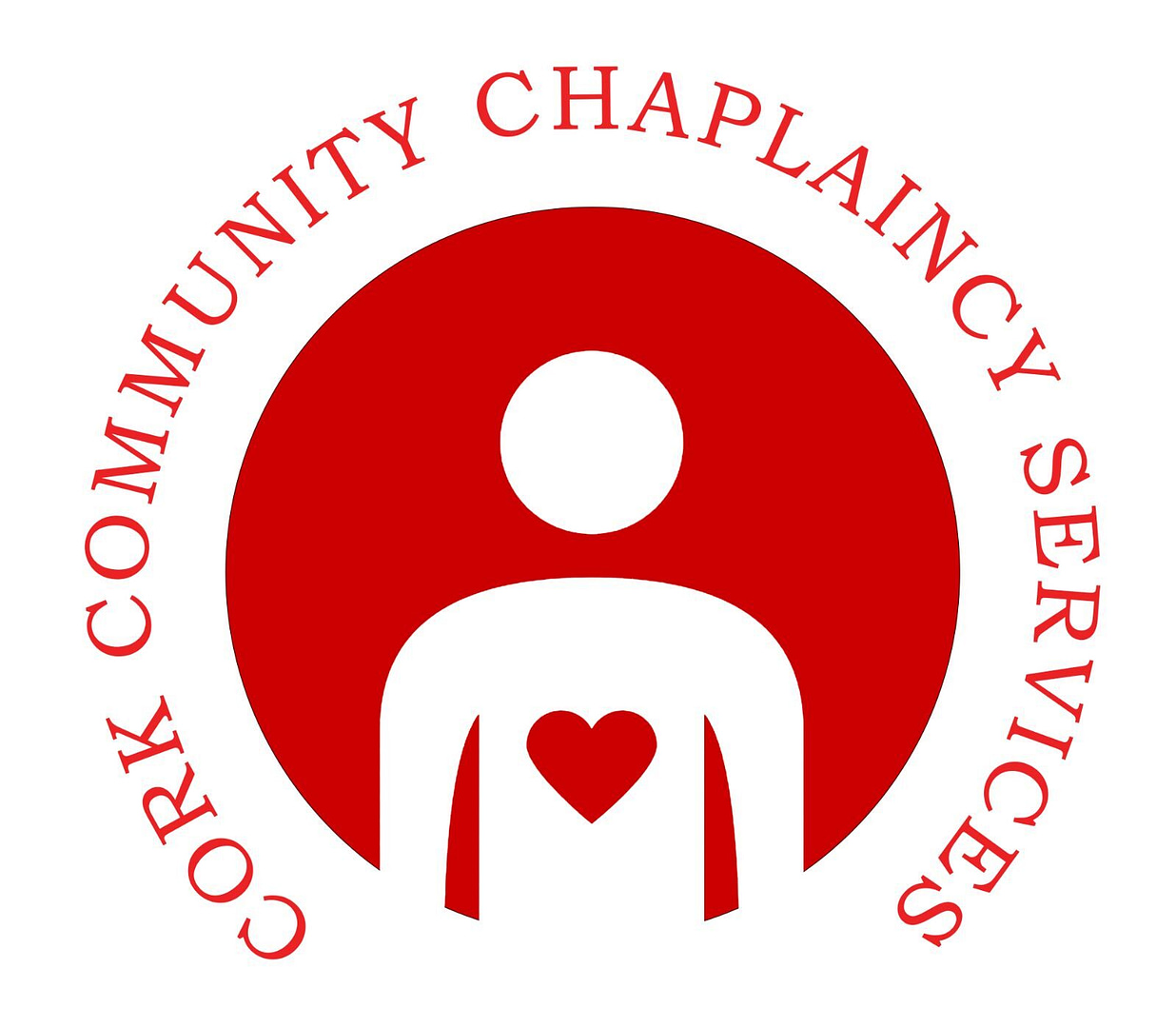
What Are Community Chaplaincy Services?
Chaplaincy Services are also commonly know by terms like pastoral care and spiritual care.
For CCCS, chaplaincy services follow the model set by the World Health Organization (WHO). The WHO defines the four dimensions of well-being as physical, social, mental, and spiritual health. The spiritual dimension plays a significant role in our health, wellbeing, and quality of life. Research has demonstrated spirituality’s role in health and health care, making the spirit and spirituality a topic of increasing importance to hospitals, doctors, and other healthcare workers as well collegiate, corporate and corrections institutions.
Spirituality’s central aspects are:
- Meaning
- Purpose
- Connectedness
In this WHO model, physical, social, mental, and spiritual health are separate, but related categories that all impact each other.
While spiritual care is different from psychotherapy, they are based on many of the same underlying psychological concepts. Psychotherapy is a clinical profession that focuses on treating pathological and dysfunctional behavioural patterns. Spiritual carefocuses on coping with the normal emotional responses to life situations that are often painful or otherwise difficult.
As such, spiritual care is not restricted to the domain of mental health and it is most often useful in helping people cope with non-mental health life challenges challenges.
However, spiritual care is also recognised as an important dimension in the holistic assessment of service users and their mental health needs by professional groups such as occupational therapists, nurses, psychologists and psychiatrists. According to the Royal College of Psychiatrists Spirituality and Psychiatry Special Interest Group:
- Spirituality can be as broad as the essentially human, personal and interpersonal dimension, which integrates and transcends the cultural, religious, psychological, social and emotional aspects of the person, or more specifically concerned with ‘soul’ or ‘spirit’.
- More than half of service users hold spiritual or religious beliefs they see as important in helping them cope with mental illness, but often feel unable to discuss such concerns with their psychiatrists.
Spiritual care is also different, yet sometimes related to religious care. Religious care is provided in the context of shared religious beliefs, values, liturgies and lifestyle of a faith community. For some people, religion can offer a formal structured approach within which spirituality can be explored.
In contrast, spiritual care is usually provided in a one-to-one relationship, it is completely person centred, and it makes no assumptions about an individual’s personal religious beliefs or non-belief. A person’s spirituality may be formed by their religious practices, but alternate influences may include: the common secular culture, their own works of creating and doing, their observations and experiences of aesthetic qualities like love, truth, and beauty, and the values and attitudes they hold on to during adversity.
Our CCCS view is that community chaplaincy is a helping profession that takes the chaplain’s role beyond both the religious boundaries of church congregations/parishes, and also beyond organisational boundaries of schools, hospitals, prisons, and military organisations. The context of the service area becomes the community itself. The community chaplain is in one sense a spiritual careprovider “at large”. Yet the community chaplainoperates in the context of being part of a larger network of helpers and service providers. These include: social services, health service, educational services, religious and secular services, volunteer and professional services – all of the contributors to the spiritual well being of the people in the community.
